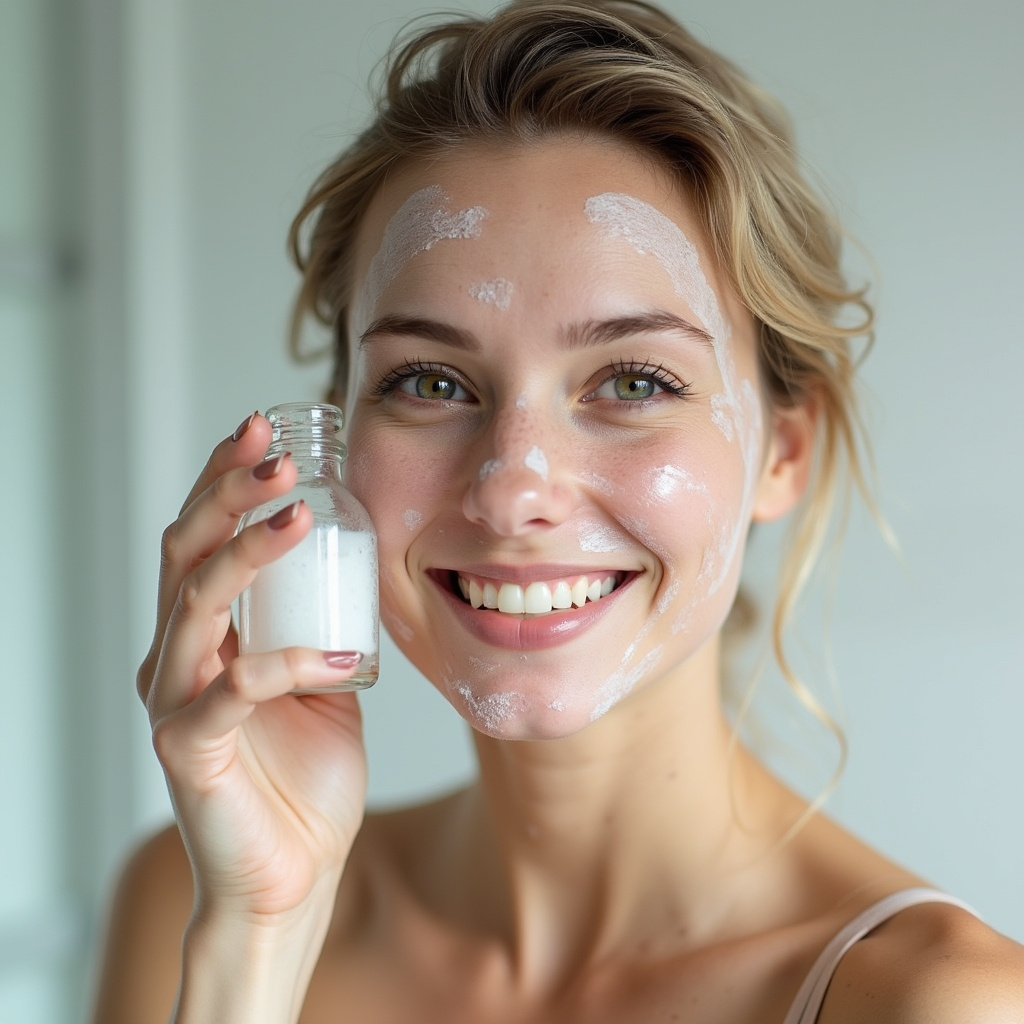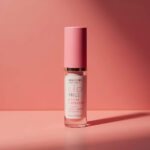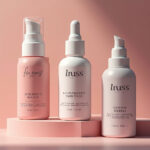Introduction
When it comes to skincare, many people focus on creams, serums, and treatments, often overlooking the most essential element of all: hydration. Water plays a vital role in maintaining healthy skin, and understanding its impact can lead to better skincare choices. In this article, we will explore the importance of hydration in skincare, why water matters, and how you can keep your skin glowing and healthy.
Why Hydration is Important for Skin
Our skin is the largest organ in our body, and like any other organ, it requires proper care to function well. Hydration is crucial for several reasons:
- Maintains Elasticity: Well-hydrated skin retains its elasticity, keeping it firm and supple.
- Prevents Dryness: Adequate hydration helps to prevent dryness and flakiness, creating a smoother appearance.
- Reduces Signs of Aging: Proper hydration can minimize the appearance of fine lines and wrinkles, giving you a more youthful look.
- Enhances Skin Barrier: Hydrated skin strengthens the skin barrier, protecting against environmental pollutants and irritants.
How Water Affects Your Skin
Water affects your skin in several ways, both internally and externally. Let’s break it down:
Internal Hydration
Drinking enough water is crucial for overall health, including skin health. When your body is hydrated, it helps to:
- Flush out toxins, which can lead to clearer skin.
- Improve circulation, delivering nutrients to skin cells.
- Regulate temperature, preventing overheating and potential skin issues.
External Hydration
While drinking water is essential, applying hydrating products can also help. Look for ingredients like:
- Hyaluronic Acid: Known for its ability to hold up to 1,000 times its weight in water, it helps to attract moisture to the skin.
- Glycerin: A powerful humectant that draws water from the air and helps to keep the skin hydrated.
- Botanical Extracts: Ingredients like aloe vera and cucumber are naturally hydrating and soothing.
Signs of Dehydrated Skin
Recognizing the signs of dehydrated skin is key to addressing the issue promptly. Common indicators include:
- Dry patches or flakiness
- A dull or ashy appearance
- Increased sensitivity or irritation
- Fine lines appearing more prominent
Tips for Keeping Your Skin Hydrated
Now that you understand the importance of hydration, here are some practical tips to keep your skin moisturized:
- Drink Plenty of Water: Aim for at least 8 glasses of water a day, or more if you’re active.
- Use a Humidifier: Especially in dry climates or during winter, a humidifier can add moisture to the air.
- Choose the Right Skincare Products: Look for hydrating ingredients and avoid products that contain alcohol, which can be drying.
- Moisturize Regularly: Apply a good moisturizer after cleansing to lock in moisture.
- Practice Gentle Cleansing: Avoid harsh cleansers that strip the skin of natural oils.
Conclusion
Hydration is a cornerstone of healthy skin. By prioritizing water intake and using the right skincare products, you can significantly improve your skin’s appearance and texture. Remember, your skin reflects your overall health, so make hydration a part of your daily routine. With a little effort, you can achieve the radiant, healthy skin you’ve always wanted.




